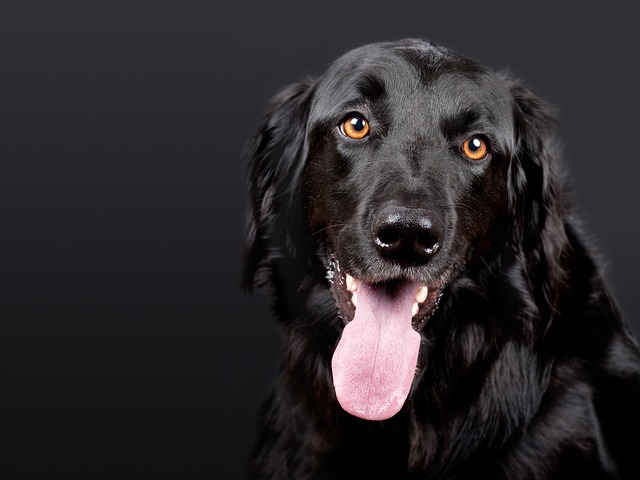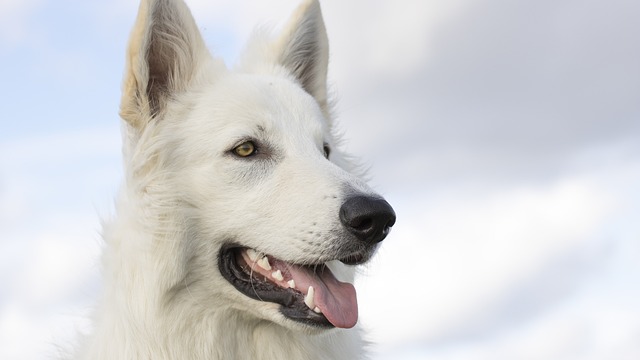As our beloved canine companions grow older, their needs and health requirements change in ways that may not always be obvious. Senior dog health is a topic that every pet owner should prioritize, not just for the sake of extending their dog's life but also to ensure their golden years are filled with comfort and joy. Recognizing the subtle signs of aging in dogs and knowing how to assess their overall health can make all the difference in their quality of life.
Aging in dogs is a natural process, but the way it manifests can vary significantly depending on breed, size, and individual health history. Typically, smaller breeds tend to age more slowly than larger ones, with larger breeds often considered "senior" by the age of seven. The physical signs of aging, such as graying fur around the muzzle or a slower gait, are often the first clues. However, behavioral changes can be just as telling—perhaps your once-energetic pup now prefers long naps over playtime, or they seem more hesitant to climb stairs or jump onto the couch. These changes are not just reminders of their advancing years but also indicators of underlying shifts in their health that deserve attention.
While some signs of aging are expected, others may signal potential health issues that require intervention. Changes in appetite, for instance, could be as simple as a shift in preference for certain foods, but they might also point to dental problems or gastrointestinal discomfort. Energy levels are another area to watch closely; while it’s normal for older dogs to slow down, sudden or dramatic lethargy could suggest issues such as arthritis, heart disease, or even depression. Mobility is another critical factor—difficulty standing, reluctance to walk, or visible limping should never be dismissed as “just old age.” These could be symptoms of joint problems or neurological conditions that might be managed with proper care.
As a pet owner, one of the most empowering practices is regular health monitoring at home. Start by observing your dog’s daily routines and noting any deviations. A weekly once-over can be tremendously helpful; check their coat for signs of thinning or dryness, examine their eyes for cloudiness, and feel around their body for lumps or areas of tenderness. Keep an eye on their weight—both loss and gain can be problematic—and monitor their bathroom habits for any changes in frequency or consistency. Additionally, pay attention to their mood and behavior; a sudden increase in barking, whining, or withdrawal might hint at discomfort or cognitive changes.
Of course, at-home assessments can only go so far. Veterinary advice is crucial for maintaining your senior dog's health. Regular check-ups, ideally every six months for older dogs, allow your vet to catch potential issues early and recommend preventive or supportive care. Many veterinarians suggest routine blood tests, dental cleanings, and mobility evaluations to ensure your dog is thriving. Vaccinations and parasite prevention are equally essential, as older dogs can have weaker immune systems. And don’t underestimate the value of an individualized diet plan—your vet can guide you on the best nutritional choices to support your dog’s aging body.
It’s not just experts who have wisdom to share; fellow dog owners often provide some of the most relatable insights. One owner I spoke with noticed her senior Labrador, Max, developing a subtle head tilt and occasional stumbling during walks. Initially, she attributed it to old age, but a trip to the vet revealed an inner ear infection that was easily treated. Another owner shared how her elderly Beagle, Daisy, started sleeping more than usual and avoided her favorite sunny spot on the porch. A visit to the vet confirmed arthritis, and with medication and a more cushioned bed, Daisy’s comfort improved dramatically. These shared experiences underscore the importance of staying attuned to changes, no matter how minor they might seem.
Ultimately, ensuring your senior dog’s health is about being proactive and attentive. The aging process is a journey, and while you can’t stop the clock, you can certainly make their remaining years as happy and healthy as possible. By observing subtle shifts, conducting regular health checks, and partnering with your veterinarian, you’re giving your furry friend the best chance at aging gracefully. So, take a moment today to look closely at your senior dog—what’s their energy like, their appetite, their mobility? Your care and vigilance are the greatest gifts you can offer them, and trust me, they’ll feel every bit of it.





